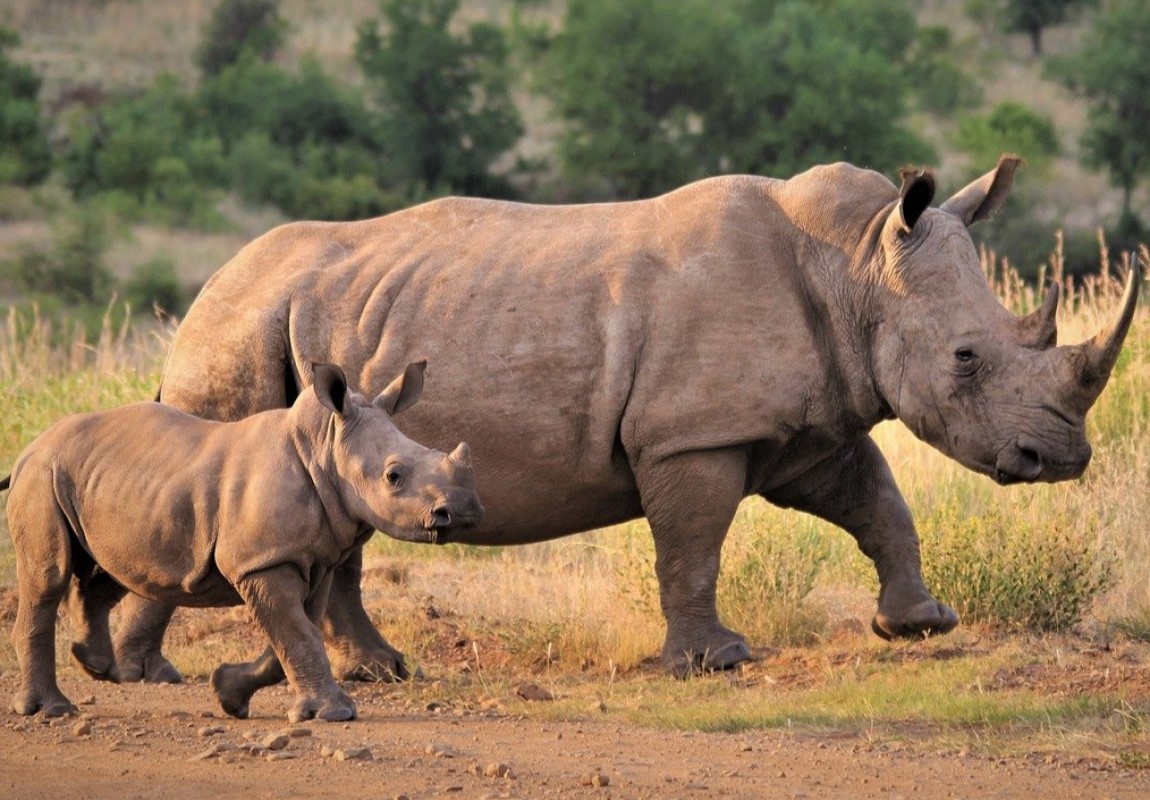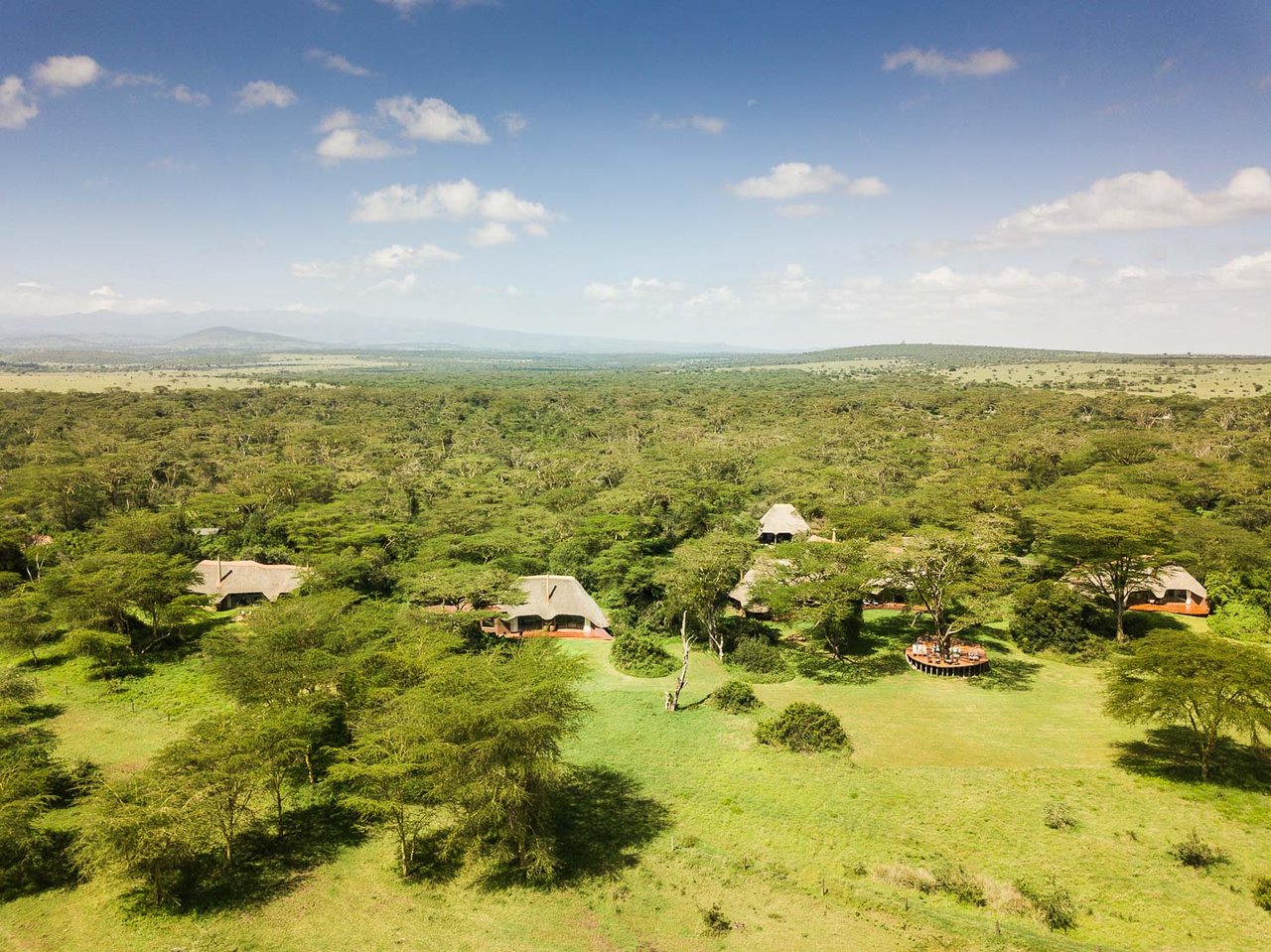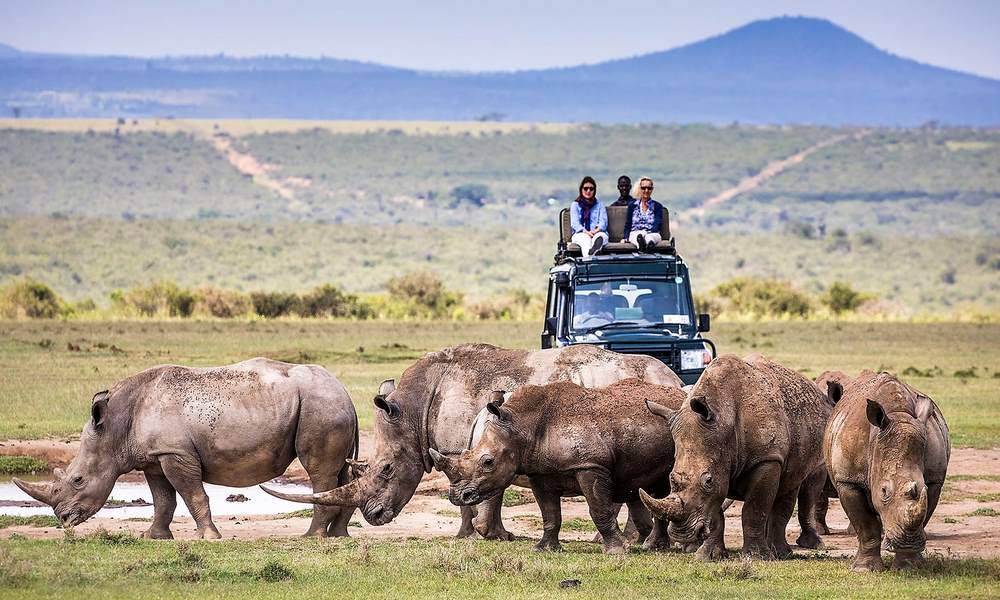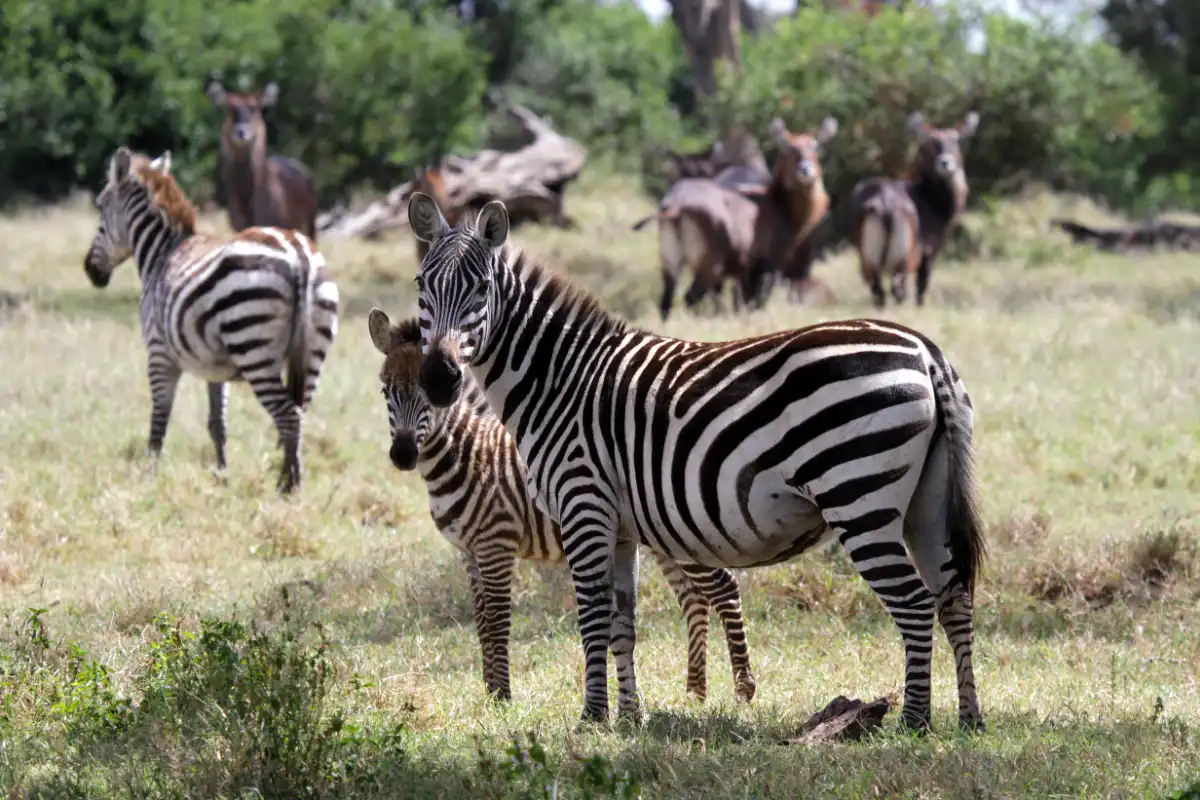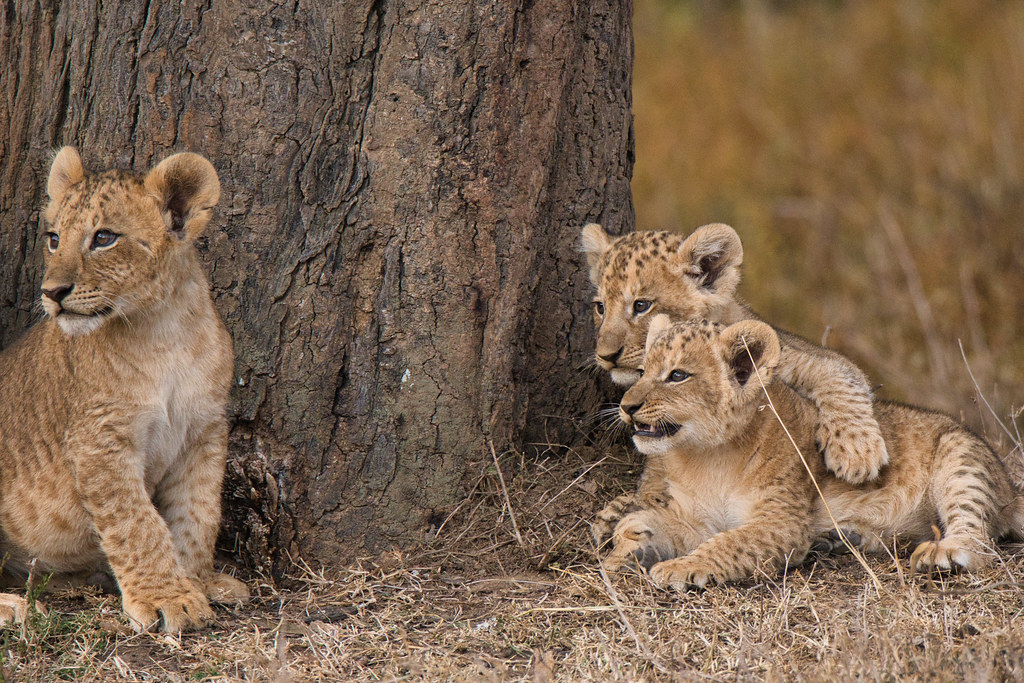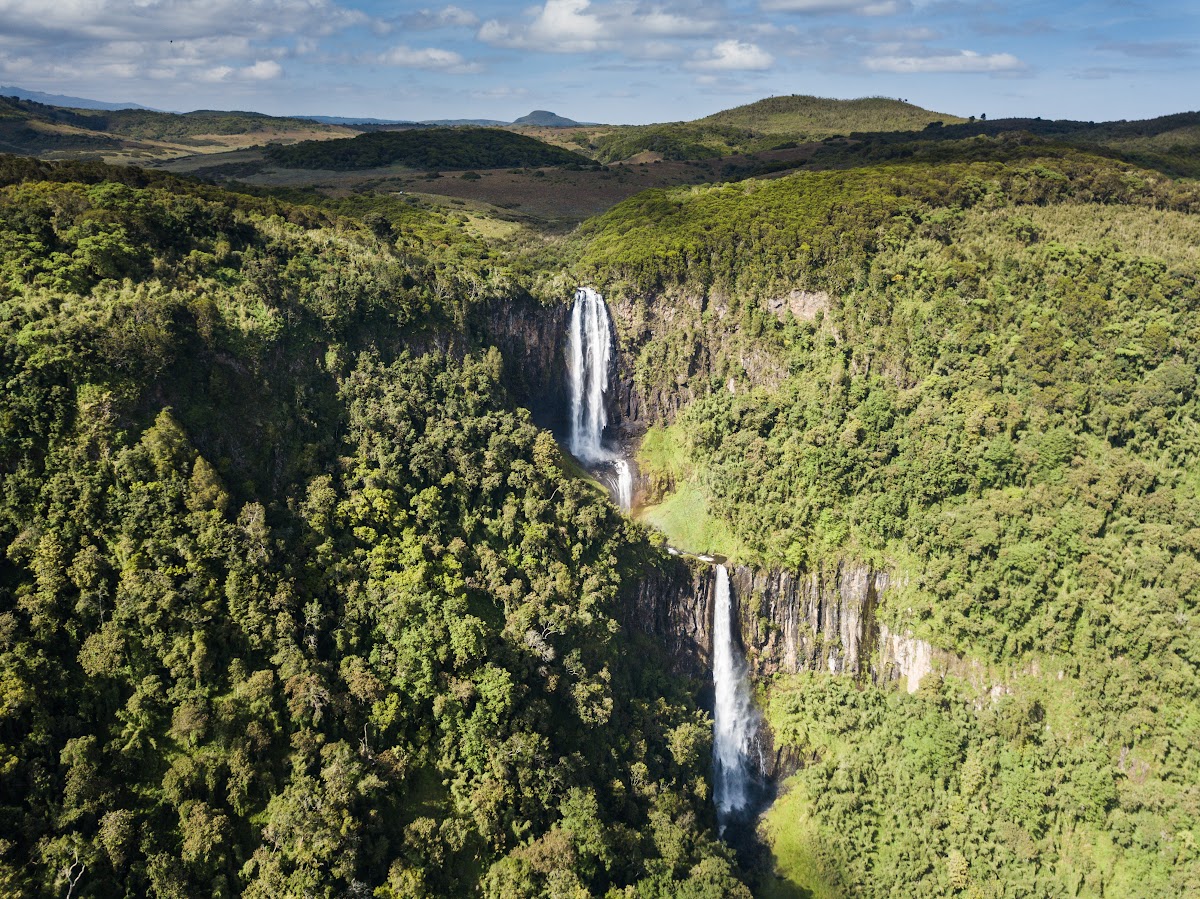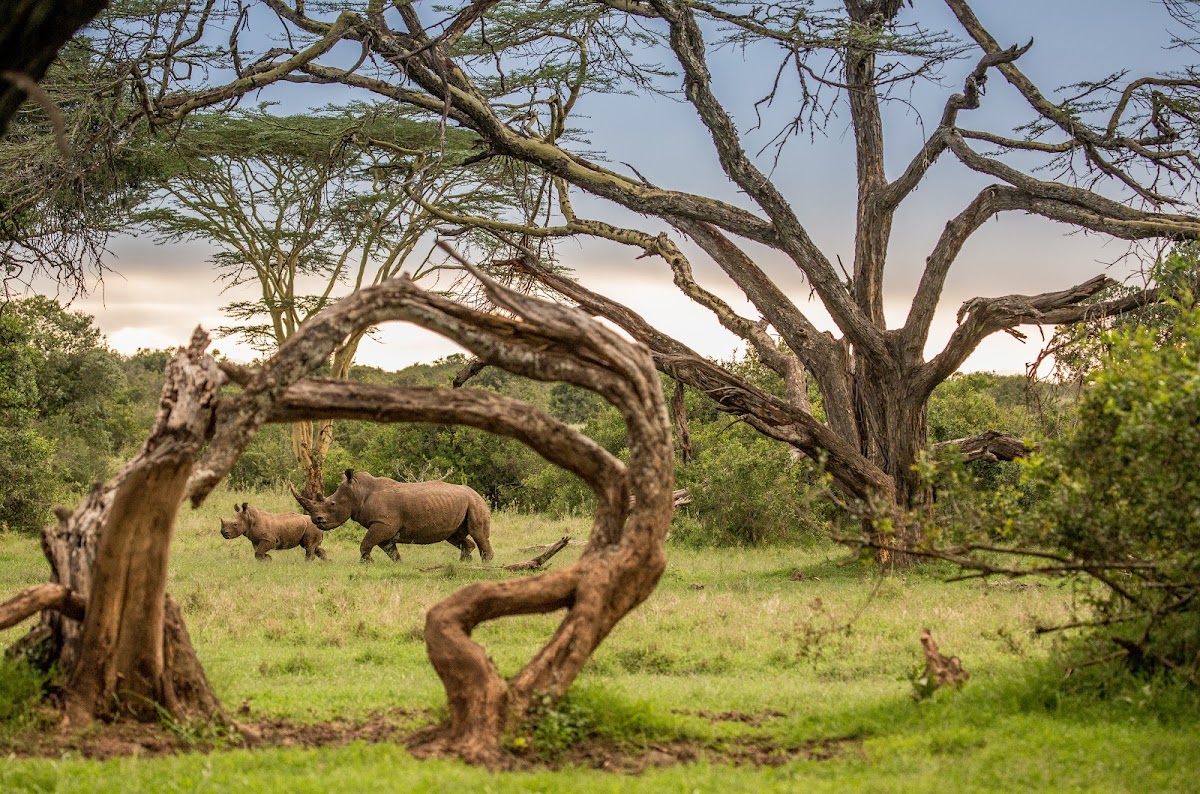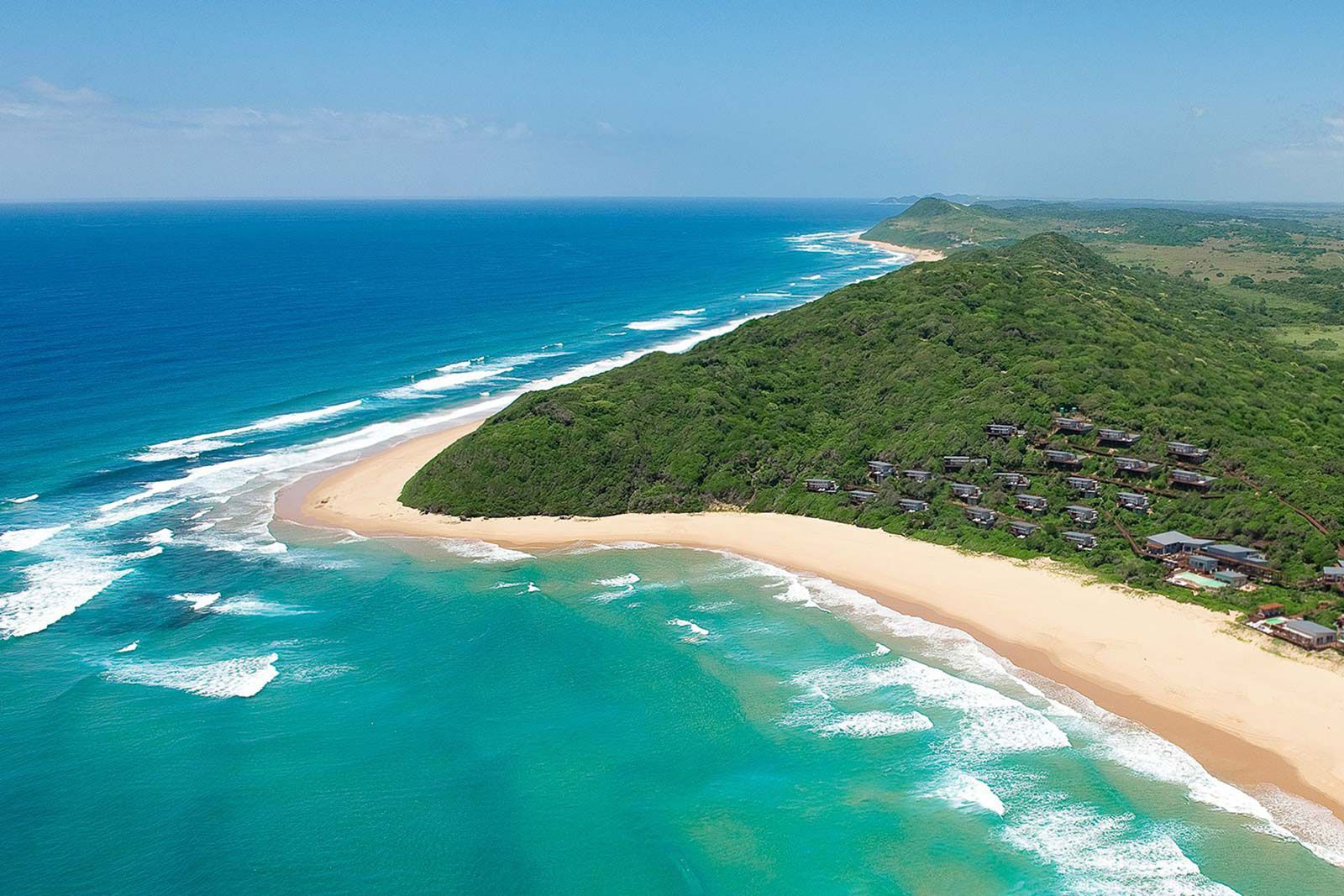Views Of Solio Game Reserve
About
location:
Laikipia Region, Kenya
The Solio Game Reserve was established in 1973 as a private reserve for the breeding of black rhinos. The Reserve is located in the Laikipia region of Kenya, about two hours north of Nairobi. It was one of the first private rhino sanctuaries in Africa, and it has been hugely successful in increasing the population of black rhinos.
In addition to rhinos, the reserve is also home to over 400 bird species, including the secretary bird, the African fish eagle, and the black-winged kite. The reserve also has a large population of zebras, giraffes, and warthogs.
The reserve is known for its stunning scenery and abundant wildlife, including rhinos, elephants, lions, and giraffes. There are also many rare and endangered species in the reserve, including the Grevy's zebra and the Jackson's hartebeest.
One of the best things about the Solio Game Reserve is that it offers visitors the opportunity to get up close and personal with the wildlife. There are several hides located throughout the reserve, where you can watch the animals without disturbing them.
Things to know before travelling to Solio Game Reserve
This article is a tip of the iceberg but will equip you with the "Absolute Need to Knows" for Solio Game Reserve.
How to get there?
There are several ways to get to the Solio Game Reserve. The easiest way is to fly into Nairobi, and then take a private vehicle or tour bus to the reserve. The drive takes about two hours.
If you're feeling adventurous, you can also take a bus or train to Nyeri, and then take a taxi or public bus to the reserve. There's also the option of renting a car and driving yourself to the reserve. The roads are well-maintained, but you'll need to be comfortable with driving on Kenyan roads.
About the weather
The weather in the Solio Game Reserve is warm and dry for most of the year. The average temperature is around 70 degrees Fahrenheit (21 degrees Celsius). During the dry season, from June to October, the temperature can reach up to 90 degrees Fahrenheit (32 degrees Celsius).
During the wet season, from November to May, the temperature is cooler and there is more rainfall. The wet season is also the best time to see the reserve's waterfalls and lush vegetation.
Medical matters that affect your visit.
Here are some of the medical matters to keep in mind when visiting the Solio Game Reserve:
Malaria
The most common medical concern is malaria, which is spread by mosquitoes. Make sure to take anti-malarial medication before and during your trip.
Altitude Sickness
The reserve is located at a high elevation, so it's important to take it slow and drink plenty of water to prevent altitude sickness.
Heat exhaustion
The hot weather in the reserve can lead to heat exhaustion, so make sure to stay hydrated and avoid spending too much time in the sun.
Animal bites
While the wildlife in the Solio Game Reserve is generally harmless, it's important to be aware of the potential for animal bites. If you're bitten by an animal, make sure to clean the wound thoroughly and seek medical attention as soon as possible.
Additionally, it's important to avoid feeding or approaching any of the animals, even if they look tame.
Food poisoning
While the water in the reserve is safe to drink, the food may not always be as safe. Make sure to only eat food that has been cooked thoroughly and avoid eating raw fruits and vegetables. Additionally, avoid eating street food or any food that has been left out for an extended period of time.
Hypothermia
While the weather in the reserve is usually hot, it can get chilly at night. Make sure to pack appropriate clothing for the cooler temperatures, especially if you're planning on camping.
Cultural etiquettes at Solio Game Reserve
The Solio Game Reserve is located in central Kenya, and is home to a diverse range of cultures. When visiting the reserve, it is important to be aware of the local customs and traditions. First, it is important to dress modestly, as revealing clothing may be seen as disrespectful.
Additionally, it is important to greet people with a handshake and to make eye contact when speaking to them. It is also important to be respectful of the local wildlife, and to avoid disturbing them in any way. Lastly, it is important to always ask permission before taking photos of people or their property.
In addition to the above, there are a few more cultural etiquettes that visitors should be aware of when visiting the Solio Game Reserve. First, it is important to avoid pointing with your index finger, as this is considered rude. Instead, use your entire hand when pointing.
Second, it is important to be aware of the different gestures that are used in the area. For example, the "thumbs up" gesture is often used to express approval, while the "thumbs down" gesture is used to express disapproval.
Lastly, it is important to be mindful of the local time. In Kenya, time is often referred to in relation to meals, rather than in relation to the clock. For example, people might say "in the morning" instead of "at 9am."
By being aware of these cultural customs, visitors can ensure that their trip to the Solio Game Reserve is a positive and respectful experience.
Language and communication at Solio Game Reserve
While English is the official language of Kenya, Swahili is the most commonly spoken language in the Solio Game Reserve. Swahili is the national language of Kenya, and is spoken by the majority of the park's staff.
In addition to Swahili, the staff also speak a variety of other languages, including Kikuyu, Luo, and Meru. Sign language is also used to communicate with deaf staff members.
The park also has a radio station, Radio Solio, which broadcasts in both English and Swahili. This helps to keep visitors and staff up-to-date on important information and events.
Vital Information on Money Matters
In terms of money matters, it's important to note that the currency used in Kenya is the Kenyan shilling. You can exchange your money at the airport, banks, or licensed money changers.
Additionally, most places in the Solio Game Reserve only accept cash, so make sure to have enough shillings on hand. It's also a good idea to bring a credit card for emergency situations.
Fun Things To Do At The Solio Game Reserve
There are so many fun things to do at the Solio Game Reserve! Here are a few of our favorites:
Game drives
Take a safari through the reserve and see lions, rhinos, elephants, and more!
Bird watching
With over 400 bird species, the reserve is a paradise for bird watchers.
Camping
Sleep under the stars and wake up to the sounds of the African bush.
Picnics
Pack a lunch and enjoy a meal under the shade of an acacia tree.
Visit the waterhole
Watch elephants, lions, and more come to drink at the waterhole. This is a great spot to see wildlife up close and learn about their behaviors.
There are so many other things to do in the reserve, like visiting the local villages, hiking, and more. No matter what you choose to do, the Solio Game Reserve is sure to be an adventure.
Who can travel to Solio Game Reserve?
Anyone can travel to the Solio Game Reserve! It's open to tourists of all ages and abilities. The reserve is very accessible, with paved roads and well-maintained facilities.
Children are welcome, and there are plenty of family-friendly activities available. If you have any special needs, the staff at the reserve are happy to assist you. They'll do their best to make sure your visit is comfortable and enjoyable.
They offer a range of services and amenities to accommodate different needs. For example, if you have mobility issues, they can arrange for a wheelchair-accessible vehicle or safari guide.
If you have dietary restrictions, they can provide special meals and snacks. And if you need assistance with anything else, the staff is always happy to help.
Travel Documents
You will need a valid passport and visa to enter Kenya. Make sure your passport is valid for at least six months after your travel date and check if you need to obtain a visa before traveling.
What time of the year is best to visit?
The best time to visit the Solio Game Reserve is during the dry season, which runs from June to October. During this time, the weather is mild and sunny, and the vegetation is sparse, making it easier to spot wildlife.
The peak season is from July to September, when the reserve is busiest. If you're looking to avoid the crowds, consider visiting in May or November. These months are still dry, but not as busy.
Packing Essentials For Your Trip
Lightweight clothing
It can get hot during the day, so pack light, breathable clothes.
Hat and sunscreen
The sun is strong in the reserve, so make sure to protect yourself from the sun.
Binoculars
Bring a pair of binoculars to get a close-up view of the wildlife.
Comfortable shoes
You'll be doing a lot of walking, so make sure your shoes are comfortable and supportive.
Camera
Don't forget to bring a camera to capture all the amazing sights!
Insect repellent
Mosquitoes can be a nuisance, so bring some bug spray to stay protected.
First aid kit
Just in case you need it, bring a first-aid kit with basic supplies.
Water bottle
You'll need to stay hydrated, so bring a reusable water bottle to fill up at the reserve.
Snacks
There are no restaurants in the reserve, so pack some snacks to keep you fueled throughout the day.
A positive attitude
Last but not least, don't forget to pack a positive attitude!
The Solio Game Reserve is a beautiful, wild place, and it's important to approach your visit with an open mind and a sense of adventure.
view map
Book Flight ticket
If this widget is not showing try reloading the page
The flight search result will be provided in a new tab
Jomo Kenyatta international airport, Nairobi will be a good destination if you are coming from outside Kenya
Book Hotel
If this widget is not showing try reloading the page
The hotel search result will be provided in a new tab
Input Nyeri, Kenya as the city name to search and compare hotel prices
You can book tours at hotels upon arrival.
